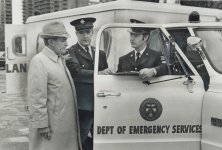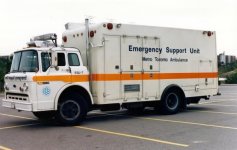- Reaction score
- 5,288
- Points
- 1,040
You can live with low recruitment if you have high retention, and enough training capacity (formal, OJT, mentoring whatever) to keep people filling in jobs as folks retire/move on, while keeping the amount of work steady.I've seen about half dozen articles stating low recruitment. So I would go with not enough coming in the door as the first part of many problems.
We've had a sustained low recruitment numbers, while having sustained high attrition, and a sustained period not enough training capacity for the small number of recruits anyway, while also increasing the amount of work (old equipment + higher ops tempo). It's not really one problem, it's a bunch of compounding issues hitting together.
And for the RCN, add in things like the Martech disaster and then the cuts to CFHD and spec pay being just slightly higher then base pay all that adds to the current death spiral. If I'm a QL5 tech doing a MS/PO2 job at S1 Spec 1 or 2 pay working crazy hours to resurrect a ship, and your reward is jetty hopping to a different ship to do the same, even the most optimistic and easy going person in their 20s will have enough of that pretty quick.
Having said that, worked with some really great people that came in, hit OFP, and decided they wanted to do something else after their initial contract was up. Fully supported that, but I think the release process was sort of the opposite approach, and as far as I know none of them ever changed their minds and got back in. If they left with a bad taste after doing what they had commited to do and had an honourable discharge, I doubt they would be recommending it to other people either as an option, so is like an anti-recruitment process in a way.



